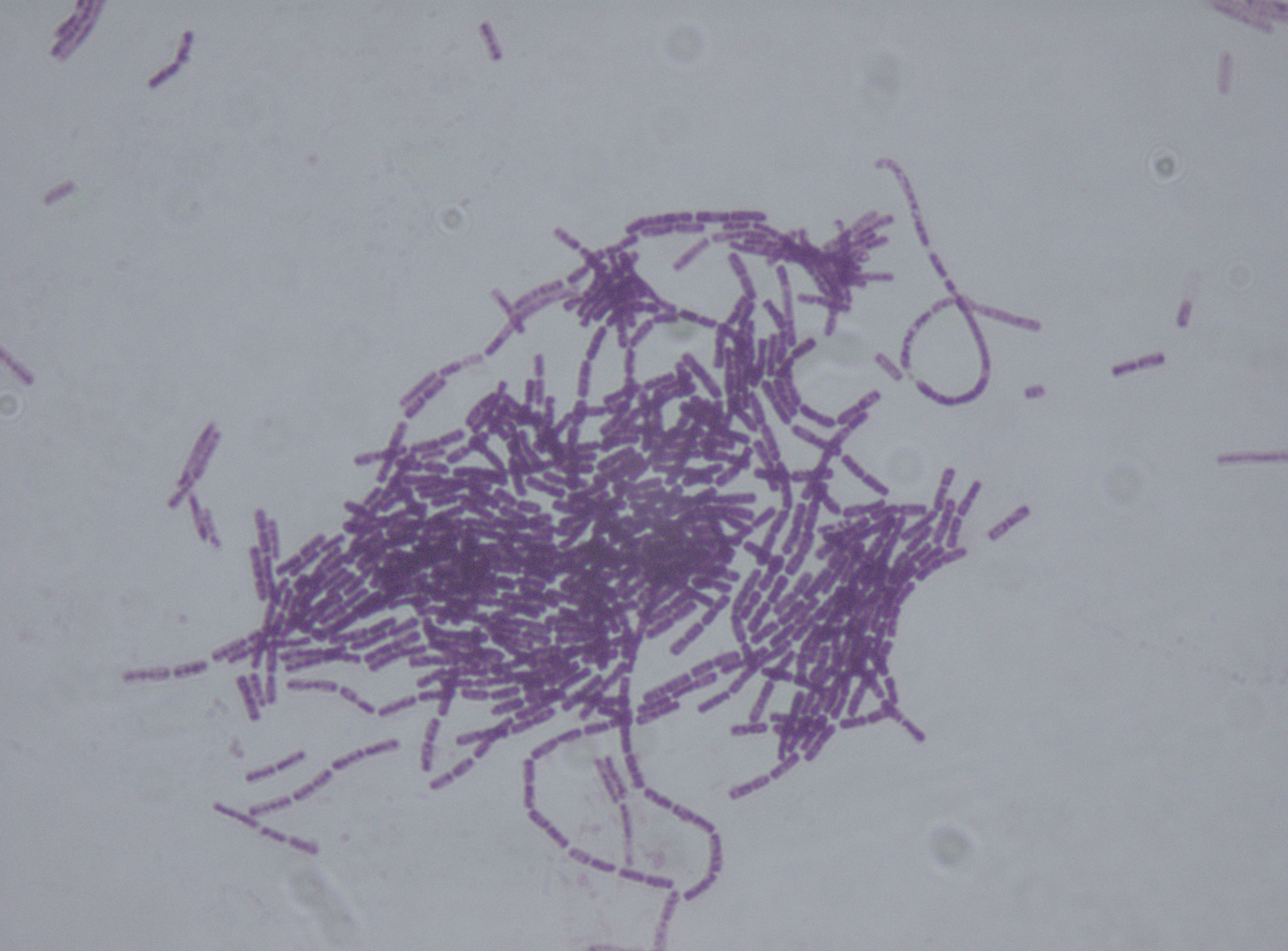
Biological pesticides, or biopesticides, are pest management tools derived from animals, plants, bacteria, and/or naturally occurring minerals. Many common biopesticides uses microorganisms like entomopathogenic bacteria, fungi, nematodes or viruses as their active ingredients. The most widely used microbial pesticides are derived from Bacillus thuringiensis, or Bt. Each strain of this soil bacterium produces a different mix of toxic crystalline proteins; as a result their activity is restricted to certain groups of insects. For example, a relatively new bioinsecticide derived from Bacillus thuringiensis galleriae (Btg), is only toxic to certain beetles, including Japanese beetle adults and larvae!
According to the EPA, biopesticides are generally less toxic than conventional pesticides, often only affect target pests (and closely related organisms), are usually effective at low concentrations and tend to decompose quickly reducing exposures and potentially avoiding the pollution problems associated with conventional pesticides. Biopesticides have long been used as an effective pest management strategy for organic crop production. However, their use has increasingly been recommended as part of Integrated Pest Management programs to reduce the use of conventional pesticides while maintaining high yields.
Biopesticides are coming on the market at breakneck pace; because of this, little is known about their efficacy, particularly on hops. At our hopyard, we are currently evaluating several biofungicides to determine their efficacy at managing downy mildew in hops, and we have been experimenting with bioherbicides for weed management.
As with all pesticide use, carefully follow all label directions to use biopesticides safely and effectively. A note of caution for certified organic growers: even though biopesticides are derived from natural sources does not mean that all are approved for use in organic production. Always check with your certifier before adopting new practices or using new materials.
With temperatures in the 90s this week, keep up the irrigation and be on the lookout for two-spotted spider mites. And remember, keep calm and hop on…